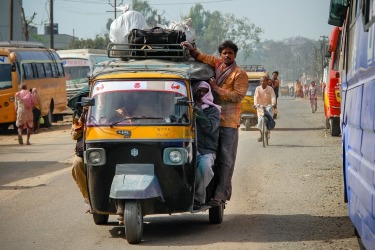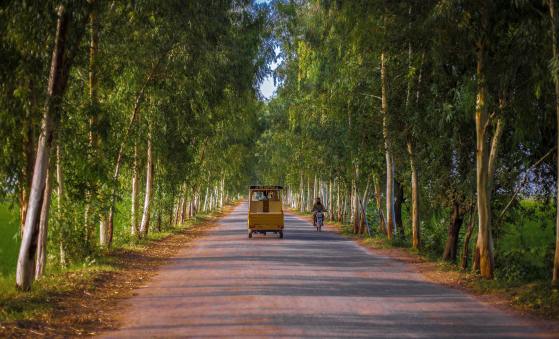
The Uttar Pradesh government has applied to withdraw criminal charges in the 2015 Dadri lynching case, in which Mohammad Akhlaq was killed by a mob after allegations of cow slaughter.
As per media reports, the withdrawal application was submitted to the Upper Sessions Court in Gautam Buddha Nagar on October 15. The application was filed by Additional District Government Counsel Bhag Singh Bhati, following state government directions conveyed in an August 26 letter that carried the Governor’s written approval.
Bhati told reporters the court has listed the matter for hearing on December 12. He clarified that the trial would continue until the court decides on the application. The testimony of the first prosecution witness, Akhlaq’s daughter Shaista, is currently underway, with cross-examination pending.
District Government Counsel Brahm Jeet Singh confirmed that he forwarded the government’s letter to the Additional District Government Counsel for filing the application. Defence counsel BR Sharma also confirmed the withdrawal application has been moved.
The application invokes Section 321 of the Code of Criminal Procedure, which permits a public prosecutor to withdraw from prosecution with court permission and state government approval.
Background of the Case
On September 28, 2015, a mob attacked Akhlaq’s home in Bisada village after a temple announcement alleged he had slaughtered a cow. The 52-year-old and his son Danish were dragged outside and assaulted. Akhlaq died from his injuries while Danish survived after surgery.
Police filed charges including murder, attempt to murder, rioting with deadly weapons, and criminal intimidation. A chargesheet named 15 people, including Vishal Rana, son of local BJP leader Sanjay Rana, and his cousin Shivam as main accused.
Media reports from 2017 indicate all the accused were granted bail by September that year, shortly after the Yogi Adityanath government assumed office.
The Meat Controversy
The case became mired in contradictions over forensic evidence. A preliminary veterinary department inquiry found the recovered meat to be “of goat progeny”, as reported at the time.
However, a subsequent Mathura forensic laboratory report declared it to be beef. According to investigative reports, police records showed the meat sample tested as beef had been collected from where the mob gathered, not from Akhlaq’s house. The family maintained the meat was mutton and alleged sample tampering.
In 2016, based on the forensic report, a Surajpur court ordered police to register a case against Akhlaq’s family under the UP Cow Protection Act.
Reactions and Legal Framework
The Congress party has criticized the withdrawal move. As per reports, party spokesperson Shahnawaz Alam called it a “dangerous trend” and said the government was pushing to withdraw cases against those accused of creating religious divisions and committing lynching.
The Uttar Pradesh government has not issued an official statement on the withdrawal application. No comment from the state spokesperson or Home Department officials has been reported.
According to legal experts, Supreme Court precedents require courts to scrutinize Section 321 applications carefully. Judges must verify that withdrawals are not politically motivated, that prosecutors have exercised independent judgement, and that public interest is served. The court must consider the gravity of the offence and its impact on victims’ families.
No recent statement from Akhlaq’s family regarding the current withdrawal application has been reported in available coverage.
The lynching sparked nationwide “Not in my name” protests against mob violence and became a watershed moment in debates over communal polarization. The court’s decision on whether to permit the withdrawal will determine the case’s final outcome.




